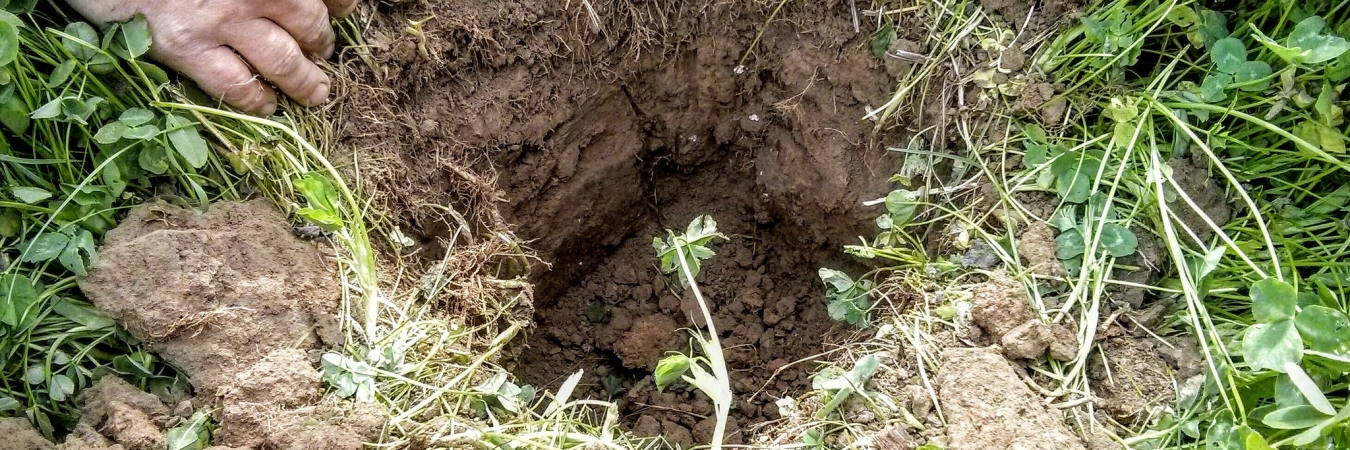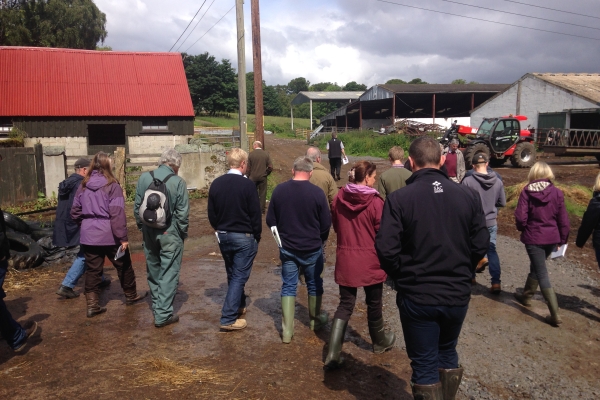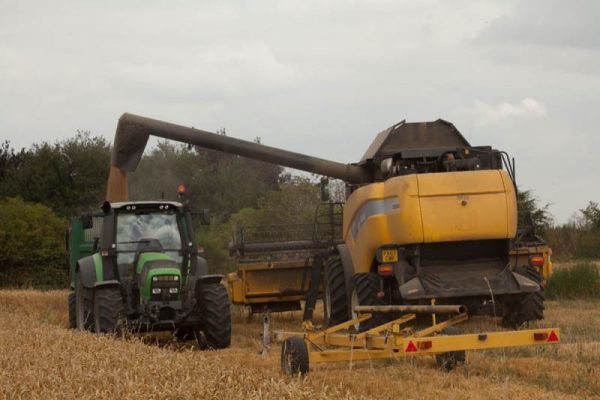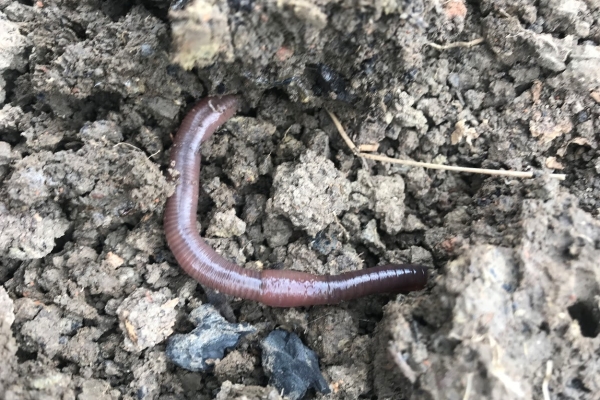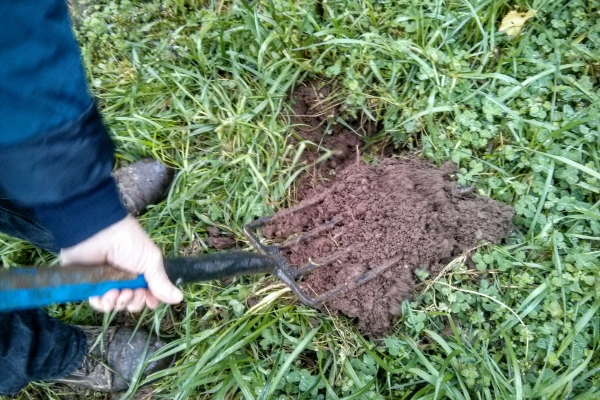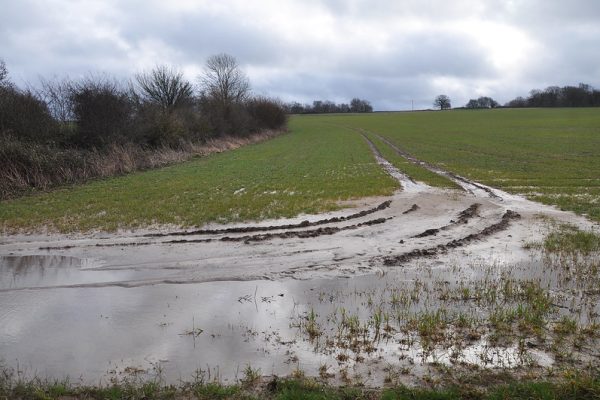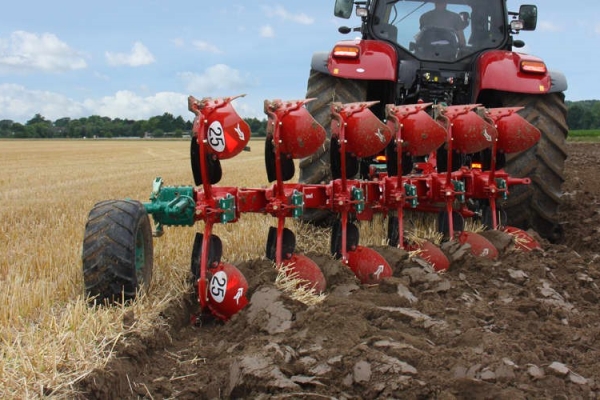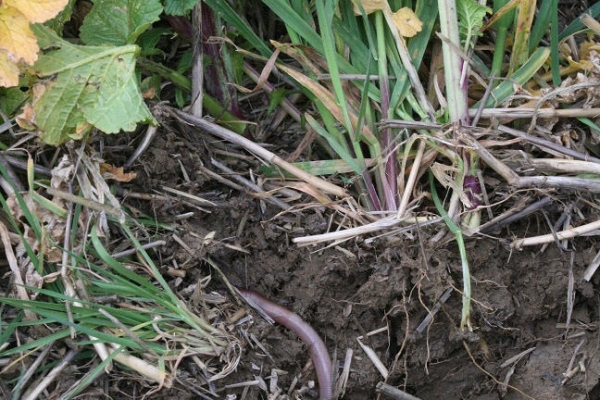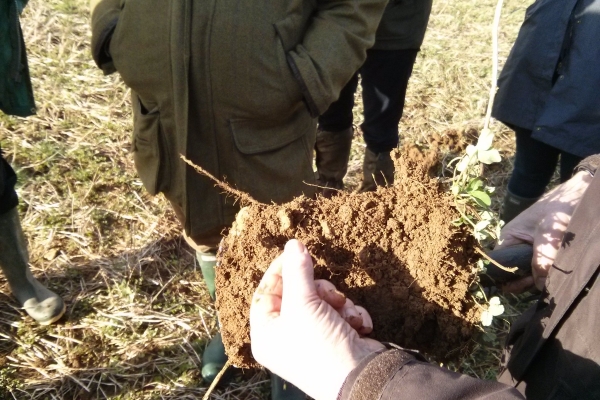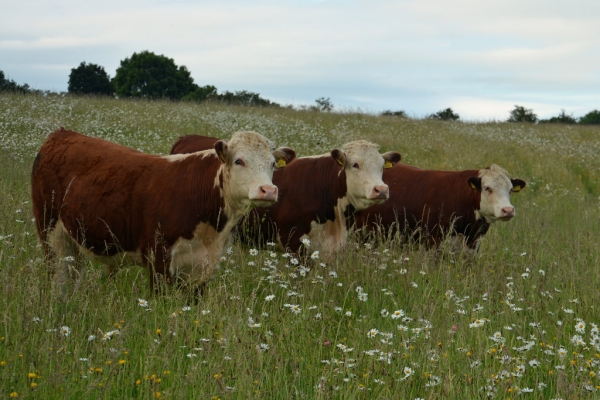Above and below the ground: building resilient, productive and profitable soils
A Nuffield (UK) Farming Scholarships Trust Report
Resource explained
Arable farmer David Walston wanted to explore why some soils are more productive than others and learn about the best ways to improve them. You can read about the results in his Nuffield report; which looks at what constitutes a healthy soil, how we can improve soils (protecting versus improving), the “fertiliser addiction” and legislation. It covers rotations, cover crops, companion crops, using compost and grazing livestock on your farm. David travelled to New Zealand, the USA, Canada, Denmark, Australia, Argentina, Uruguay and Brazil, visiting farmers who had decades of soil improvement experience and claimed they could increase organic matter levels by 1% every year, as well as researchers who said this was not possible.
Findings & recommendations
- As a result of the research, David decided to reduce cultivations and soil disturbance, grow as many different plant types as possible (as cash, companion or cover crops), integrate livestock where feasible, be proactive rather than reactive with the fam soil health, experiment with as many new ideas as possible, and not give up when an idea does not work, but learn from what went wrong.
- He found that many modern farming methods contribute to decreased productivity and soil health. Heavy machinery can cause structural damage and soil organic matter (SOM) loss. Many farms have gone towards crop-only production. This is causing reduced soil health as plant diversity is diminished, and lack of perennial pastures means SOM levels are significantly below their potential.
- The knock-on effect from impaired soil health is increased reliance on fertilisers – as plants cannot form symbiotic relationships with microorganisms that help them access nutrients. This lack of soil fauna allows plant pathogens to dominate and cause yield-robbing diseases.
- Some solutions to the problems are easier i.e. changing machinery to allow less soil disturbance. Others require some future investment, possibly sacrificing short term profitability i.e. altering crop rotations and growing cover crops. David sees the most valuable change as being integrating livestock (on his family farm, they found that even after 25 years there could be as much as a 25% increase in yields in fields that had been more recently in pasture).
